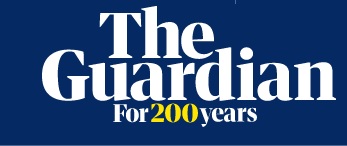Bowen has backed the need for science-based climate targets, including calling at UN climate summits for the “strongest possible action” to limit global heating to 1.5C.
The climate risk assessment found climate change was already affecting every aspect of life in Australia and warned continuing rising temperatures would escalate the risk of heatwave-related deaths, the rupturing of financial systems and supply chains, and billions of dollars in damage from extreme weather events and rising sea levels.
Albanese described the report as a “wake-up call” and said it would inform the 2035 target while also stressing the need to plan for an “orderly” transition to avoid losing public support for climate action.
The chief executive of WWF-Australia, Dermot O’Gorman, said the target would be “the most consequential climate policy decision this term of government, this decade, and this century”. He said it was an opportunity to “lock in trust with the Pacific”, to advance the country’s bid to host the Cop31 climate summit next year and “unlock Australia’s place as a renewables superpower”.
“It’s the Australian prime minister’s sliding doors moment on climate,” he said. “Setting an un-ambitious target locks in another decade of pollution and climate damage. The possibility of stabilising warming to the safer temperature limit of 1.5C above preindustrial levels is on a knife-edge.”
Gavan McFadzean, the Australian Conservation Foundation’s climate and energy program manager, said a weak target would lead to continued fossil fuel extraction and send a “defeatist message” to business leaving “the opportunities of the clean energy transformation to other countries”.


